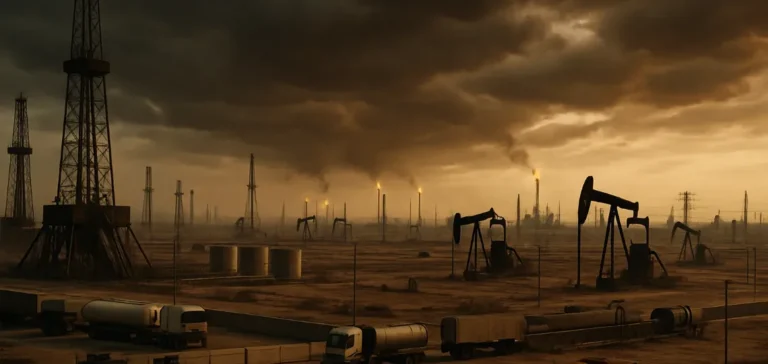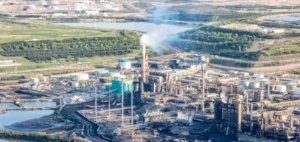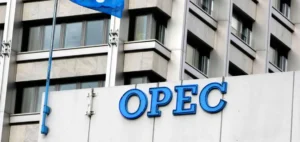The tense geopolitical situation in the Middle East has led Iraq to postpone several oil projects due to mounting logistical and security challenges. The Iraqi Ministry of Oil confirmed these delays, specifying that the prolonged closure of the country’s airspace prevents foreign workers from reaching operational sites. Despite these operational constraints, current oil production and export levels remain compliant with quotas established by the Organization of the Petroleum Exporting Countries and its allies (OPEC+). Nevertheless, Iraqi authorities are exploring alternative routes to the maritime pathway through the Strait of Hormuz to safeguard their oil export capacities.
Energy Dependence on Iran
Additionally, Iraq heavily depends on Iranian natural gas imports for a significant portion of its electricity production. These imports account for approximately 30% of the nation’s electricity supply. Although these supplies are stable for the moment, the country has previously experienced delivery interruptions due to Iran’s domestic energy demands, causing critical shortages. Last May, a substantial reduction in Iranian gas led to a significant loss of electrical capacity, estimated at 3.5 gigawatts.
According to initial forecasts by the Iraqi Ministry of Electricity, these challenges could worsen in the coming months, necessitating increased consumption of petroleum products to offset gas shortages. This substitution involves complex adjustments in distribution logistics and the management of liquid fuel inventories. Historical experiences indicate, however, that Iraq’s internal logistics capabilities have never allowed for a complete substitution of gas deficits using petroleum derivatives.
Immediate Security Consequences
Due to the deteriorating regional security context, several international oil companies operating in Iraq are currently adopting preventive measures to ensure the safety of their expatriate personnel. Some companies are even considering alternative evacuation plans to Turkey in case of emergency. Recently, the U.S. government requested the departure of non-essential diplomatic personnel from Iraq, highlighting the seriousness of ongoing security risks.
At the same time, oil flows to Turkey’s port of Ceyhan have been suspended for several months, compelling companies operating in the Kurdistan region to sell more oil on local markets. This complex regional situation directly impacts the operational strategies of local industrial players, prompting regular reassessments of their positioning.
Ambitions Persist Despite Challenges
Despite these logistical and security hurdles, Iraq maintains its goal of increasing domestic production of liquefied gas through the state-owned Basrah Gas Company. The country aims to expand its current capacity from 6,000 to 8,000 metric tons per day over the next few years. This initiative is part of a broader ambition to completely eliminate gas flaring by 2030.
Achieving these ambitions, however, will require overcoming immediate security challenges and growing logistical constraints. The stability of energy supplies and oil operations remains closely tied to the evolution of the regional situation.






















